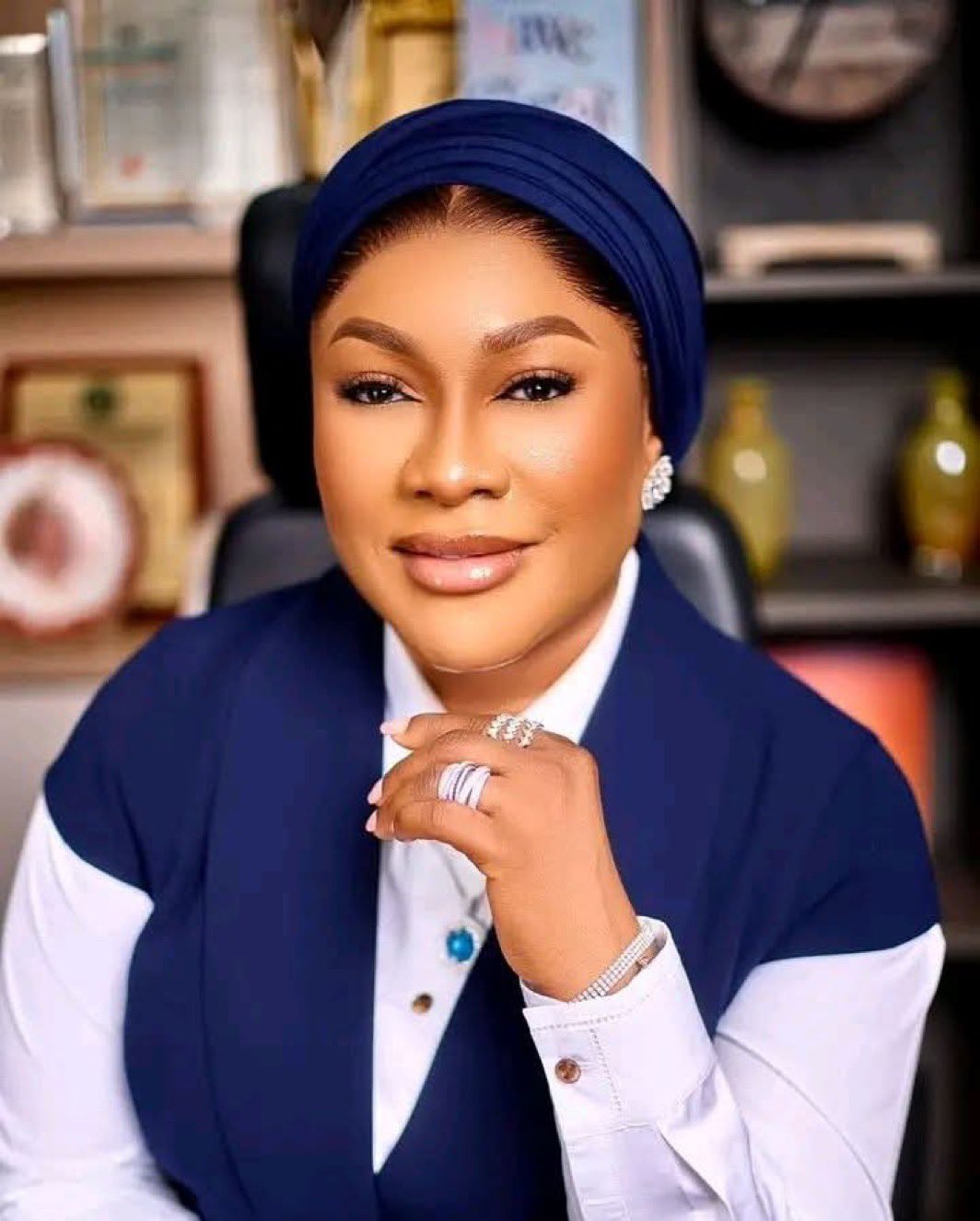Group Demands Immediate Reassignment of Aisha Achimugu’s Case

The Campaign for Social Justice and Constitutional Democracy (CSJCD), a leading Nigerian-based civil society organization committed to strengthening the rule of law, safeguarding human rights, and fostering democratic governance across Africa, has called for the immediate reassignment of the high-profile money laundering case involving frontline businesswoman Dr. Aisha Achimugu.
This demand follows the recent suspension of the presiding judge, Justice Inyang Ekwo, by the National Judicial Council (NJC), effectively halting proceedings in what has become a landmark case that reiterates ongoing struggles over judicial independence and justice reform in Nigeria.
Achimugu, also a notable socialite, is facing an investigation by the Economic and Financial Crimes Commission (EFCC) over allegations of conspiracy, obtaining money by false pretenses, money laundering, corruption, and possession of properties believed to be unlawfully acquired.
The case, which has attracted significant media coverage due to her celebrity status, was scheduled for trial at the Federal High Court in Abuja.
Recently, Justice Inyang Ekwo—who had been actively presiding over the case—ordered the EFCC to release Achimugu, citing her rights to a fair trial and adherence to due process.
Just days later, the NJC suspended Justice Ekwo for alleged judicial misconduct, citing investigations into his conduct.
The suspension has temporarily put an end to all court proceedings involving Achimugu, leaving the legal process in limbo and raising questions about judicial independence and the timely delivery of justice.
While the NJC’s actions are often viewed as necessary steps to uphold integrity within the judiciary, critics have argued that suspending judges amid ongoing investigations can lead to unnecessary delays, especially in cases involving influential figures suspected of corruption.
Judicial proceedings are expected to adhere to principles of fairness, transparency, and timeliness—yet, in this instance, the suspension has stalled progress on a case that demands swift resolution.
The CSJCD’s President, Festus Ogwuche, expressed concern about the negative impact of such disruptions.
“Justice Ekwo’s suspension should not be used as an obstacle to the proper functioning of the judiciary or as a shield to delay justice. The people deserve quick, impartial justice, especially in cases involving allegations of corruption and public trust. It is imperative that the case be reassigned to another judge immediately so that the process can move forward without undue delay,” he said.
Nigeria’s judiciary has long grappled with issues of independence and integrity. Civil society groups, including the CSJCD, have consistently advocated for reforms to insulate judges from political influence and disciplinary interference.
The suspension of Justice Ekwo amid a sensitive and high-profile trial underscores the urgent need for institutional reforms and transparent disciplinary procedures.
Efforts to combat corruption in Nigeria have faced ongoing challenges, often bogged down by procedural delays and perceived judicial bias.
The Achimugu case is emblematic of these challenges. If justice is delayed or compromised, public confidence in the legal system and, by extension, Nigeria’s democracy, suffers.
The CSJCD underscored that “delays like this weaken Nigeria’s anti-corruption efforts and undermine the constitutional right to a speedy trial. Institutional independence should be protected, especially in cases that involve powerful individuals or sensitive matters affecting national integrity.”
The organization called on the NJC and the judiciary as a whole to prioritize reassigning the case swiftly and transparently, to avert a dangerous precedent where procedural technicalities hinder the course of justice.
They also recommend establishing clear deadlines and procedures for judicial misconduct investigations to prevent arbitrary suspensions from unnecessarily stalling cases indefinitely.
The CSJCD said it remains steadfast in its advocacy for judicial reforms, emphasizing that equitable, swift justice is a cornerstone of democracy.
They call upon Nigeria’s judiciary to uphold its constitutional duty, reassign the case promptly, and demonstrate that justice can prevail despite procedural setbacks.










